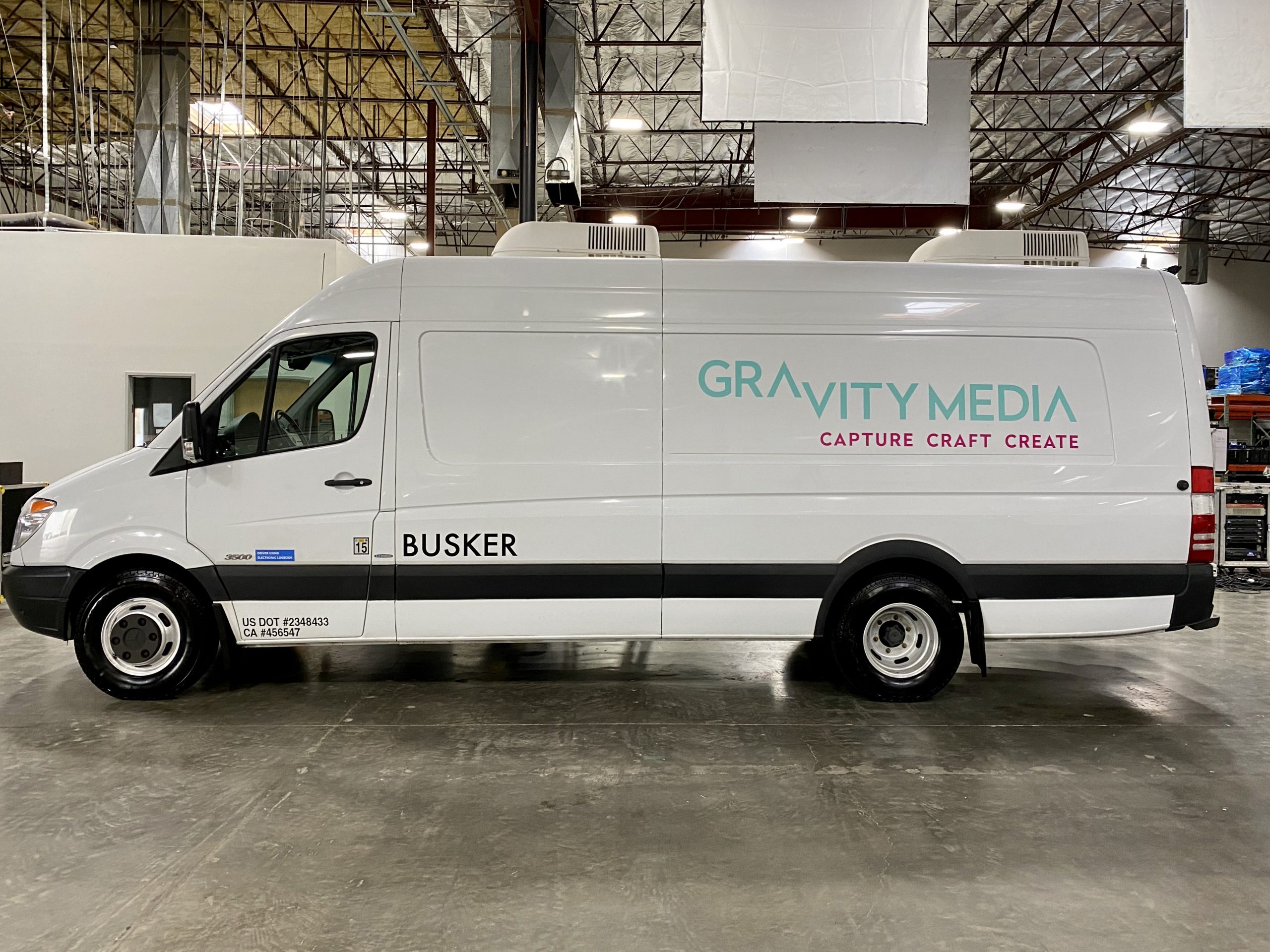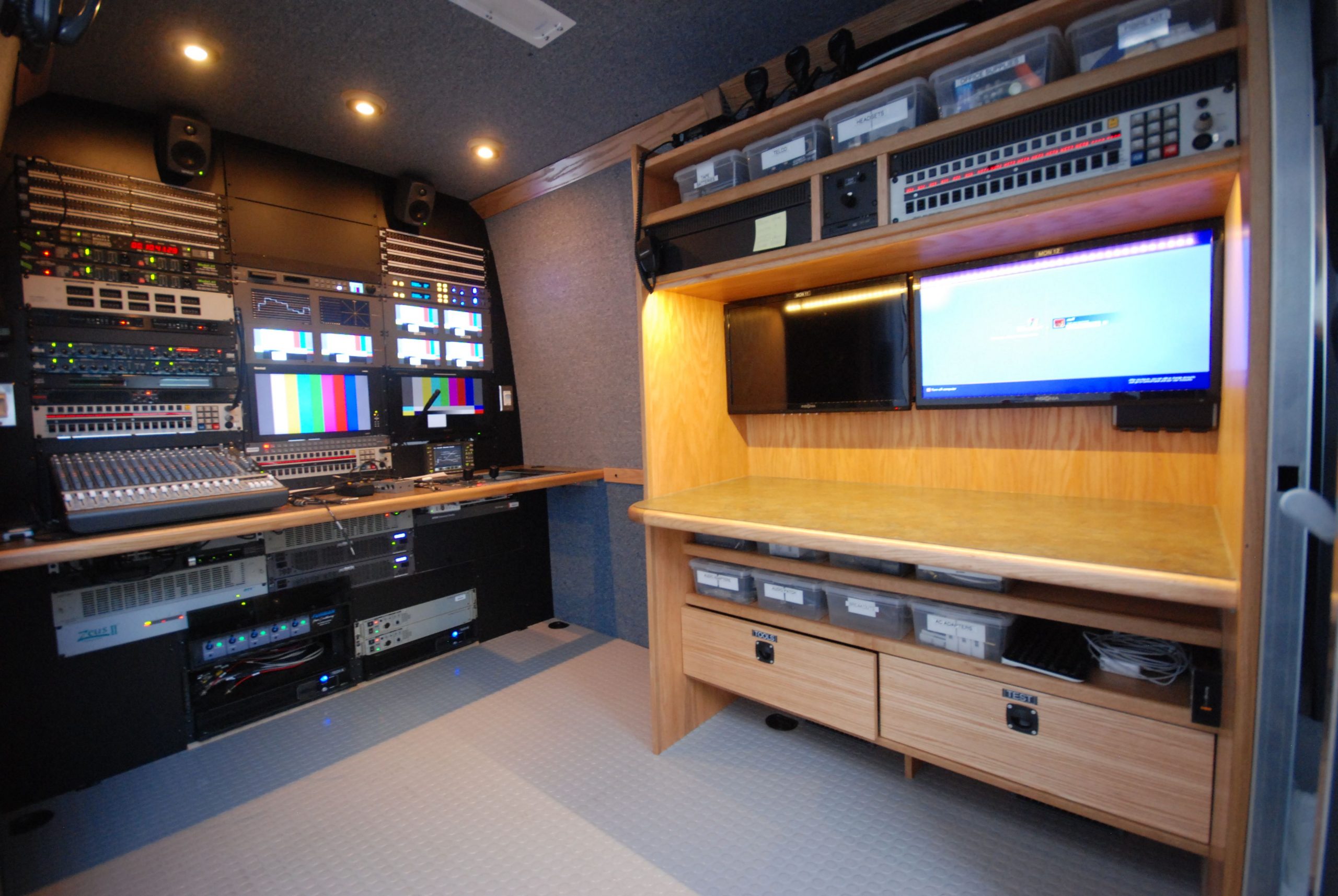Thought Leadership: The Many Moods, the Many Shades, the Many Sides of REMI (Part One)
Story Highlights
There are as many iterations of the centralized production workflow as there are names for it, REMI, At-Home, Home-Run Productions, Multi-cam to name a few of the more popular.

Pac-12 Networks has worked with Gravity Media’s Proshow Broadcast on hundreds of live REMI productions
No matter how it was originated and deployed, the Pac-12 Networks and Proshow Broadcast, now owned by and operating as Gravity Media, can claim to be among the market leaders in North America in sheer volume for these types of productions. Gravity Media, through the Proshow Broadcast acquisition, reached its 2,000th production using this workflow in February 2020 – where the individual camera signals and audio feeds are transmitted back to a facility’s control room for integration (switching, mixing, graphics, replays and comms).
At its inception, this workflow was primarily deployed as a cost cutting measure that did not impact the quality or production values of the event being covered. The immediate efficiencies were generated by fewer staff traveling to the remote event site. Early adopters soon understood that by not having the above-the-line positions travel, which meant lost days sitting on a plane, those skilled position were available for more work on consecutive days.
There were other advantages of the workflow that became better understood and valued, such as the centralization of key equipment resulting in its greater utilization and easier maintenance. Using the same control room and crew meant that show quality improved through familiarity (the lack of a learning curve for new work environment) and game-over-game consistency could be achieved and controlled. The availability of back-up gear at the central facility helped to ensure glitch-free shows. Also, the ability to easily add or subtract graphical enhancements (telestrators) or video packages into the production, depending on the appeal and the importance of the game, raised production values and viewer interest.
To ensure success in deploying any new variability into a production – and this centralized production workflow is a big change – there are several challenges, technical and cultural, to overcome. In its execution of over 2,000 productions, Gravity Media has developed its own institutional IP to identify and address issues and this is of immeasurable importance to our clients.

Gravity Media, through the Proshow Broadcast acquisition, reached its 2,000th production using this workflow in February 2020
To realize these efficiencies, advantages and operational flexibility of this production model a reliable and cost-effective transmission solution is needed. Gravity Media is adept in accommodating a variety of signal transport alternatives (satellite or terrestrial, video or data) each of which come with its own challenges such as availability, cost, latency, viability of using redundant paths, vendor SLAs and the ability to troubleshoot problems.
Another of the critical technical challenges is addressing transmission delay. Audio is impacted by the delay and creating a local mix for talent who are assigned to be on-site can be done either remotely from the control room or on-site at the remote. Gravity Media’s facilities provide a wide range of flexible solutions for both options. Deploying remotely controlled DSPs and Dante audio allows for the provision of a seamless audio workflow for our clients.
Comms is another area where transmission delay can be problematic and intercom integration and redundancy are a major component of remote production. While Gravity Media provides solutions that integrate remote intercom systems over some clients’ own networks, our engineering team is also expert in the complex processes for redundancy and system-agnostic functional integration. Through extensive use of user-programmable logic (UPL) in RTS intercom we can combine systems like RTS RVON, Unity Intercom, POTS lines, and local 4-wire systems to make the workflow seamless.
No matter what the technical challenge, at Gravity Media we pride ourselves on working closely with and listening to our clients in order to deliver the best product possible.
In addition to technical and operational challenges it is inevitable that cultural challenges arise from the implementation of change at this level. Acceptance of the model is the usually the first hurdle to clear and it can be difficult to achieve for a variety of valid reasons and sometimes irrational ones. Field crews will be smaller, and some crew members can interpret that as a threat. Levels of responsibility will increase for the field crews as will the need for them to work more independently. These are big changes that can be tackled by an experienced vendor like Gravity Media.
Gravity Media’s volume of experience is unique, and it includes both ends of the production (field and studio) and the glue in between. Over the past seven years, since the beginning of this model of production becoming integrated into the mainstream, the Gravity Media team of engineers has truly become intimately familiar and highly skilled in the workflow. Gravity Media’s strength is the technical skill and creative energy of our people.
At Gravity Media we assist our clients to meet the seemingly conflicting goals of delivering content that maintains high production values at efficient price points. With this knowledge and skill set, Gravity Media delivers solutions which our clients use to their advantage. When clients perform their due diligence, they find Gravity Media to be a skilled, and experienced vendor who delivers real value. Gravity Media is not a newcomer to this space; this is not an off-shoot of our main business – efficient workflows are our core strength.
Next, in Part Two of the series, the role of unified production platforms within the centralized workflow will be addressed – is this a reversal of the REMI trend or an advancement for the existing model?

